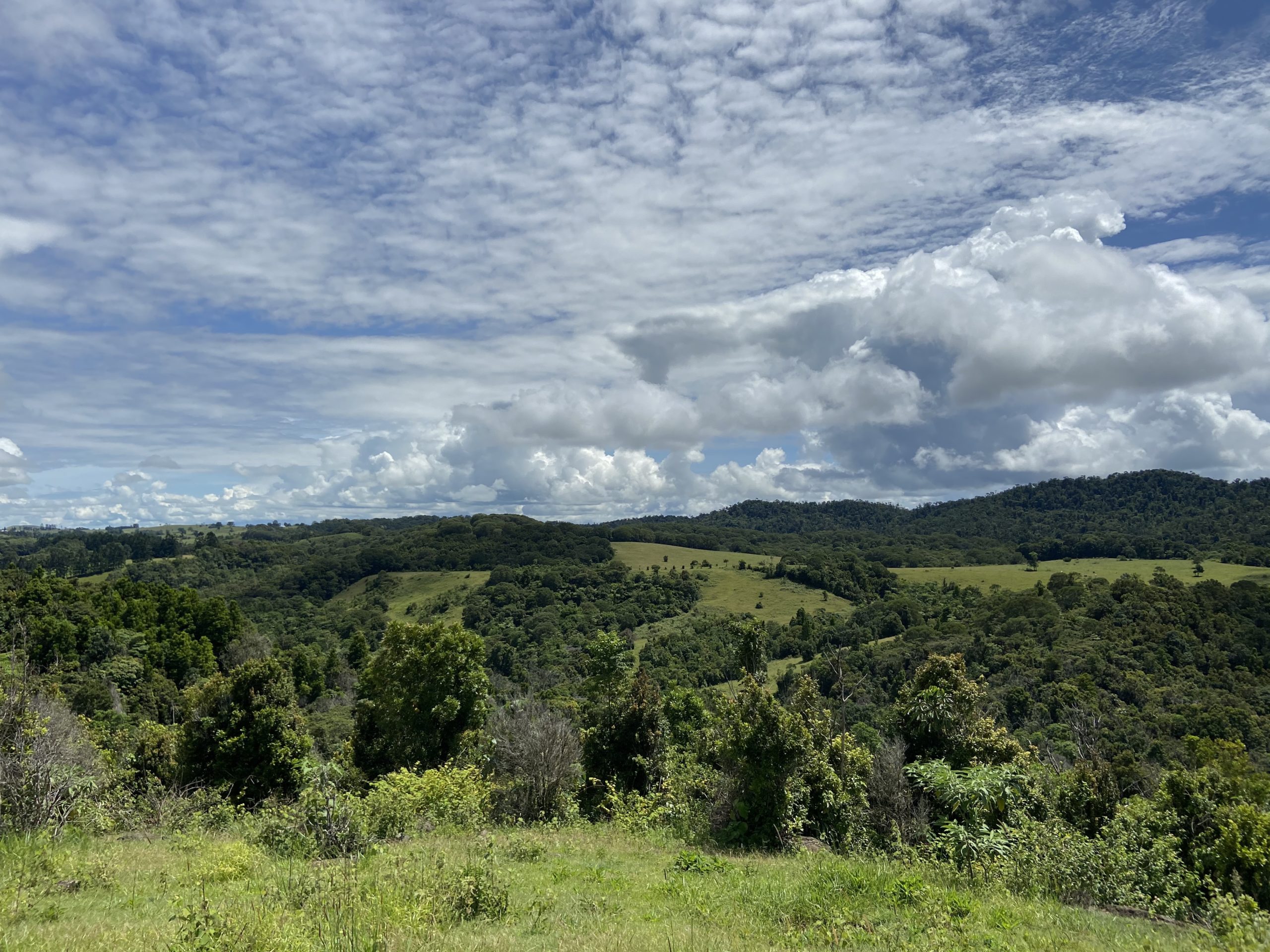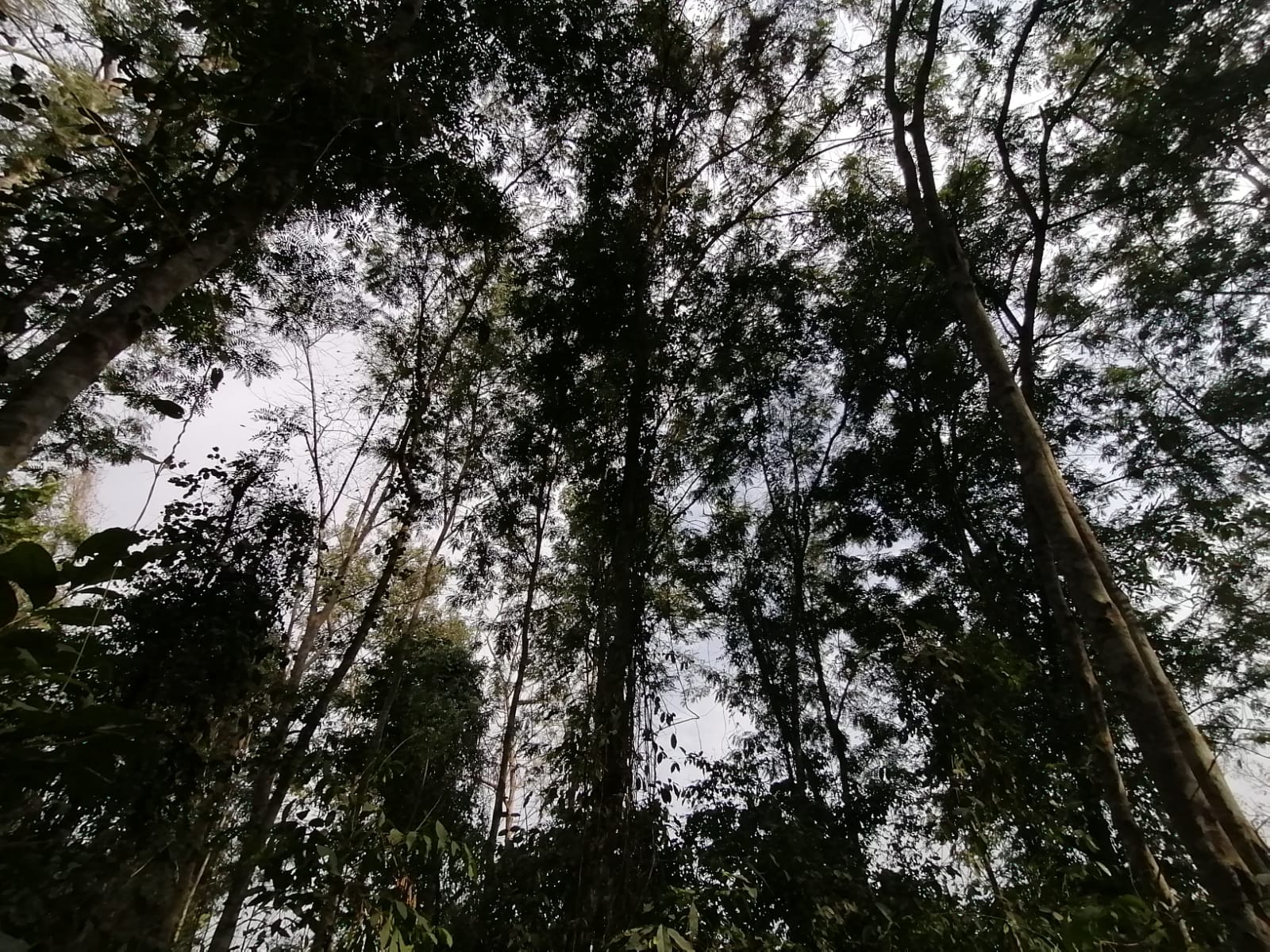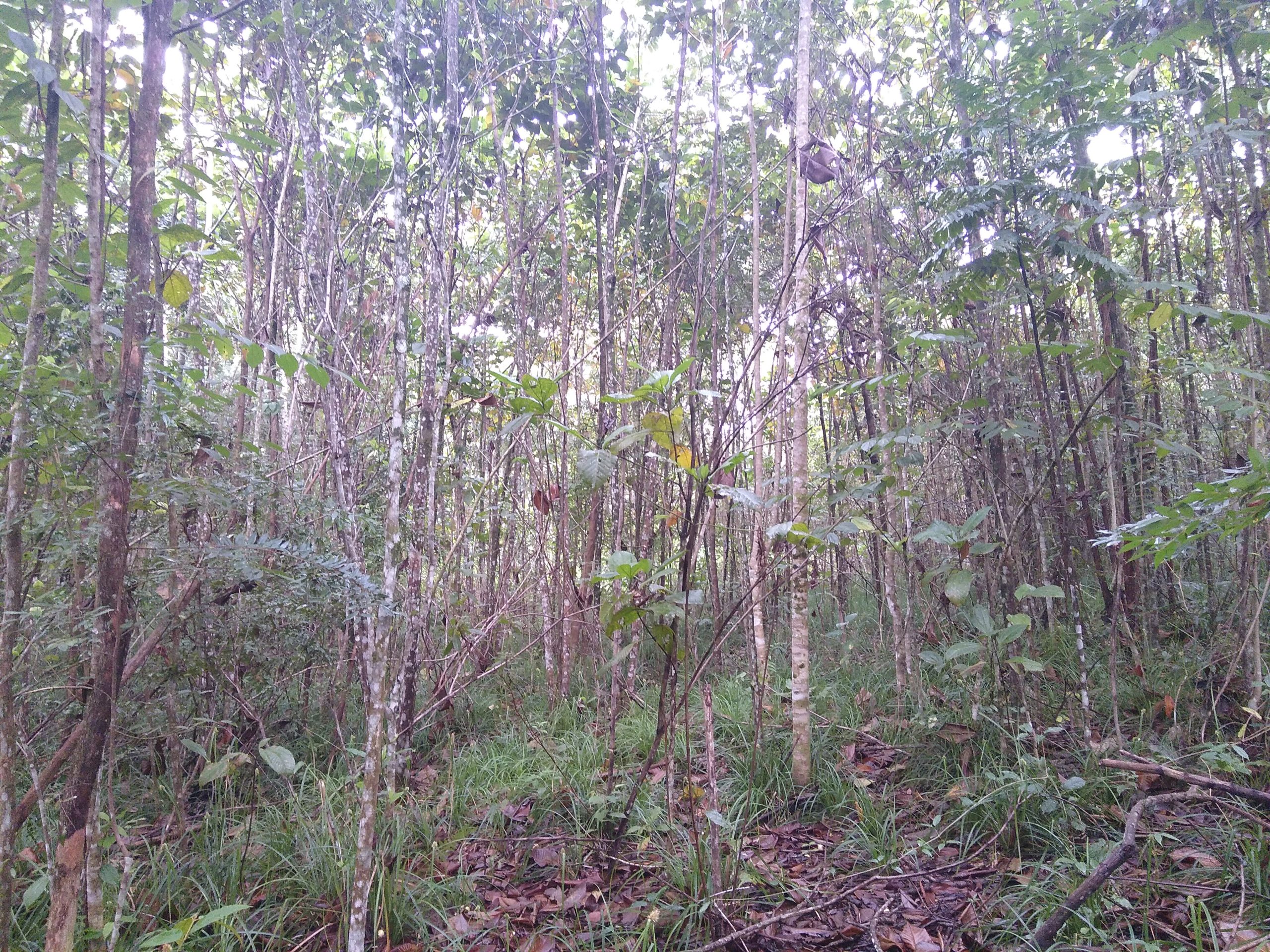PANTROP
BIODIVERSITY AND RECOVERY OF FORESTS IN TROPICAL LANDSCAPES

When we lose forests, we don’t ‘just’ lose green space or natural habitat, we lose a key ally in our fight against climate change.
President of the European Commission Von Der Leyen
The challenge. Tropical forests are global hotspots of biodiversity, play key roles in global carbon and water cycling and deliver crucial ecosystem services for local people and the global community. Despite their important role, they are threatened by climate change, land use change, and biodiversity loss.
The potential. At the same time, these forests have the potential to regrow naturally on abandoned agricultural areas. These regenerating forests cover large areas, have great potential to recover biodiversity, carbon, and water, and provide the basis for ecosystem restoration.
The aim. PANTROP advances our understanding how human-driven climate change, landscape degradation, and biodiversity loss affect forest recovery.
The approach. We compare forests and obtain generalization by using a pantropical approach; we synthesize current data and do field studies in dry and wet tropical forests on three continents (Mexico, Ghana, and Australia).

Australia
Asia/Oceania

Ghana
Africa

Mexico
North America
